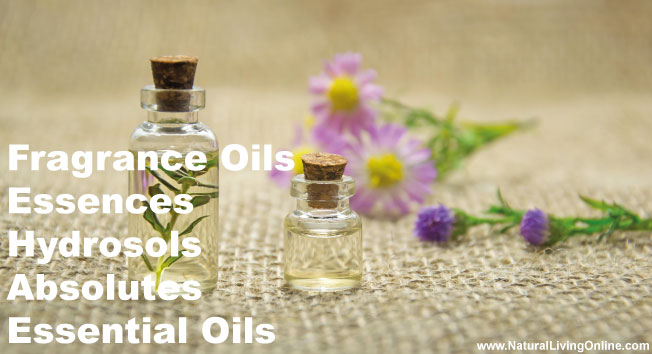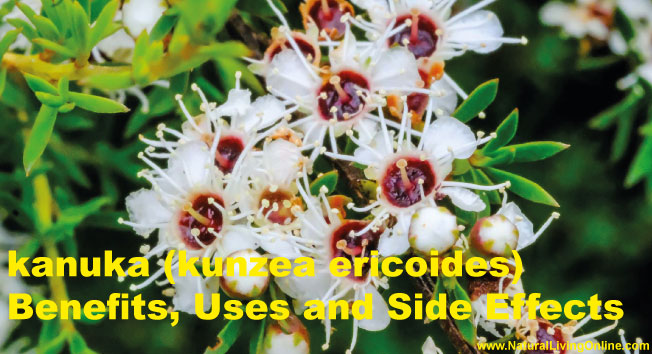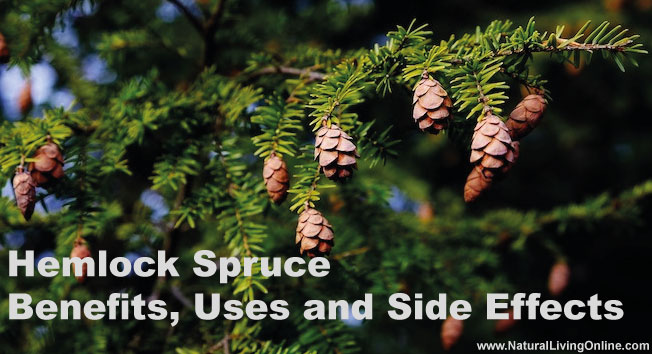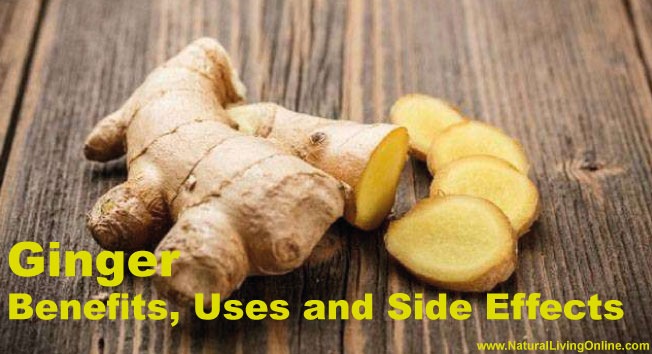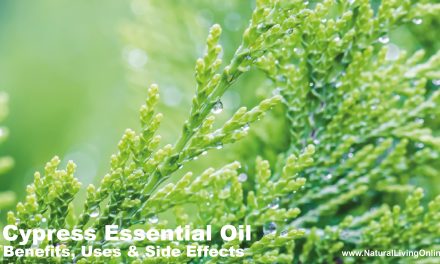If you’re like most people, you have probably heard the term “essential oils” but you’re not quite sure what they are. Essential oils are natural oils that are extracted from plants. They are often used in aromatherapy and can provide a variety of health benefits. There is a lot of confusion between essential oils, fragrance oils, and essence. In this blog post, we will clear up the confusion and explain the difference between these three types of oils.
Fragrance oils
Fragrance oils are synthetic oils that are created in a laboratory. They often smell like the plant they were derived from, but they are not as potent as essential oils. In fact they have no therapeutic benefits at all. They are mainly used just to smell good. Fragrance oils are used in perfumes and other cosmetic products.
Fragrance oils are made by combining essential oils and aroma chemicals. The blend of ingredients is then placed in a container and allowed to age. This allows the fragrance oil to mellow and mature, creating a more complex flavor profile. After aging, the fragrance oil is filtered and bottled for sale.
The quality of a fragrance oil depends on the quality of its ingredients. Essential oils are natural products that come from plants. They are highly concentrated and contain many different compounds that contribute to the overall scent. Aroma chemicals are synthetic molecules that have been created in a laboratory setting. They replicate the scents of natural materials, but they don’t always smell exactly like their counterparts.
When blending essential oils and aroma chemicals together, it is important to create a balanced mix. If one ingredient dominates the blend, the fragrance will not be as pleasing to the senses. By combining different essential oils and aroma chemicals together, you can create a unique scent that is tailored to your preferences.
The aging process also plays an important role in the quality of a fragrance oil. When blended together, the ingredients start to interact with each other. This allows them to mellow and mature, creating a more complex flavor profile. The longer the fragrance oil is allowed to age, the better it will smell.
Essences
Essences are also extracted from plants, but they are made up of water and alcohol. Essences do not have the same therapeutic benefits as essential oils, but they can be used to make aromatherapy products.
Essences are made in laboratory through a process of hydro-distillation. The botanical material is placed into a still and water is heated until it vaporizes. The vapor carries the essential oil from the plant material and is then condensed back into liquid form. This liquid is collected and bottled as an essence.
The quality of the final product depends on many factors, including the type of plant material used, the climate where it was grown, and how it was harvested and processed. Essences that are made from organic plants are considered to be higher quality than those that are not.
Laboratory-made essences are also standardized to ensure that they contain a consistent amount of therapeutic compounds. This makes them ideal for use in homeopathic remedies and other therapeutic preparations.
Hydrosols
Hydrosols are aqueous solutions that contain water-soluble plant materials. These plant materials can be from leaves, flowers, bark, roots, or fruits. They are usually prepared by steeping the plant material in boiling water and then straining it out. The hydrosol is the liquid that remains after the plant material has been removed.
Hydrosols have many uses. They can be used as facial toners, body sprays, room fresheners, or even as ingredients in cosmetics and skincare products. Some people also use them for spiritual purposes or aromatherapy. Hydrosols are generally safe to use and are less concentrated than essential oils. This makes them a good choice for people who are new to using plant-based products.
If you’re interested in trying out hydrosols, you can purchase them online or at some health food stores. You can also make your own hydrosols at home by steeping plant material in boiling water and then straining it out.
Absolutes
Absolutes are concentrated fragrance oils that are made from plant materials. They are usually extracted through a process of solvent extraction. This method uses chemical solvents to extract the aromatic compounds from the plant material. The resulting product is a thick, oily liquid that contains high levels of fragrance compounds.
The quality of an absolute depends on many factors, including the type of plant material used, the quality of the solvents used, and how long the extraction process takes. Absolutes that are made from organic plants and that use high-quality solvents tend to be of higher quality than those that do not.
Absolutes are typically used in perfumery and aromatherapy. They can also be used to make cosmetics and skincare products. Some people also use them for spiritual purposes or to promote relaxation.
The main difference between an absolute and an essential oil is that absolutes are more concentrated. This means that they can be more potent and have a stronger scent. Essential oils are less concentrated and typically have a lighter scent. Absolutes are also usually more expensive than essential oils.
Essential oils
Essential oils are the most potent and beneficial of the three types of oils. They contain active ingredients that can provide relief from a variety of health conditions. Essential oils can be used for aromatherapy, massage therapy, and skin care. They can also be added to food or drinks for added health benefits.
Essential oils are made by extracting the natural oils from plants. The most common way to extract the essential oil is by using a process called distillation. In this process, the plant material is boiled in water and the essential oil is vaporized and then collected. Other methods of extraction include pressing or cold-pressing the plant material to release the oils, or using solvents such as ethanol or hexane to dissolve the oils.
The quality of an essential oil depends on many factors, including the species of plant, how it was grown and harvested, and how it was processed. Essential oils are also adulterated with synthetic chemicals very often, so it’s important to buy from a reputable source.
Only a small amount of essential oil is obtained from a plant; for example, about one-half ounce of oil can be extracted from ten pounds of lavender. When purchasing essential oils, it’s important to note that some essential oils are more expensive than others because they take much larger amounts of the plant material to produce. For example, rose and sandalwood are very high in cost due to their low availability and difficulty in production.
Essential oil fragrances do not last as long as perfumes or colognes because they lack fixatives found in these products which keep them smelling stronger longer. Essential oils usually fade within an hour or two once applied but this is because they have been absorbed into your skin. If you want the scent to stay longer on your skin, you can mix the oil with a carrier oil such as jojoba or sweet almond.
Some essential oils should not be used during pregnancy because they may cause uterine contractions. It’s important to consult with an experienced aromatherapist before using any essential oils if you are pregnant.
Now that you know the difference between these three types of oils, you can make an informed decision about which one is right for you. If you’re looking for therapeutic benefits, then essential oils are the way to go. But if you just want a nice-smelling fragrance, then fragrance oils may be a better option. Essences are great for making aromatherapy products, but they don’t have the same therapeutic benefits as essential oils. Whichever oil you choose, we know that you’ll love the way it makes your home smell!
This website does not provide medical advice.
All information provided on this website, and on associated social media networks, including but not limited to texts, images, and numbers are for general information purpose only. It is not intended as medical advice and it does not include all possible precautions, side effects, or interactions that may occur. Neither NaturalLivingOnline.com nor its author/founder take responsibility for how you use this information. Statements contained on NaturalLivingOnline.com have not been evaluated by the FDA. You should conduct thorough research via multiple sources and consult your physician or qualified doctor before using any essential oil or herbal remedy. Information on NaturalLivingOnline.com must not be relied upon for medical, legal, financial or other decisions.

